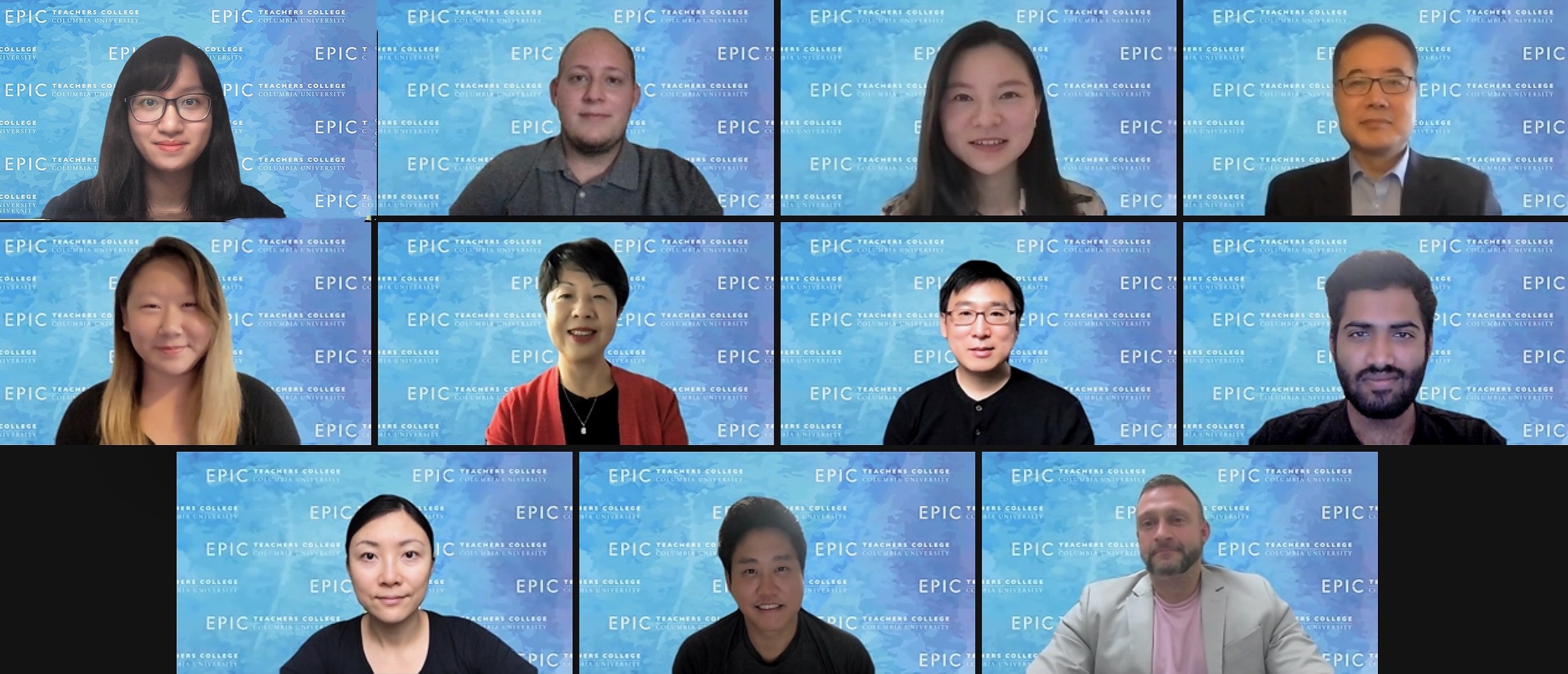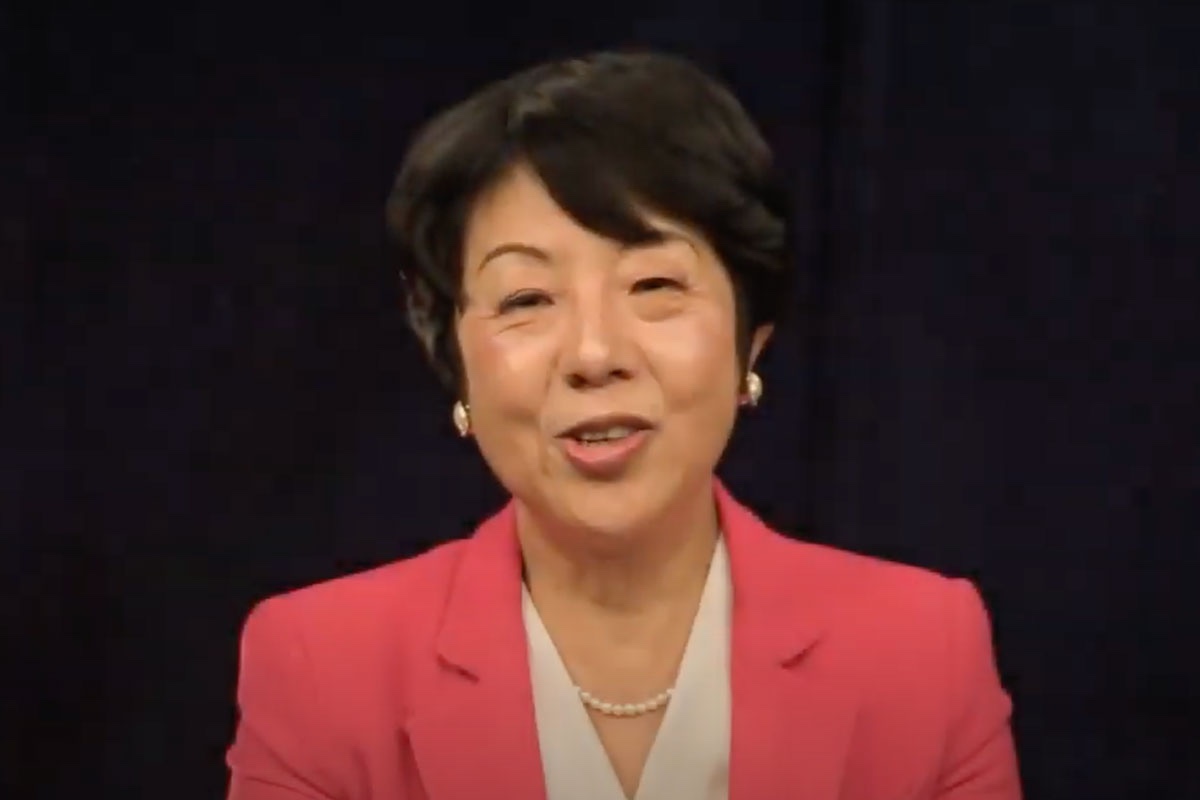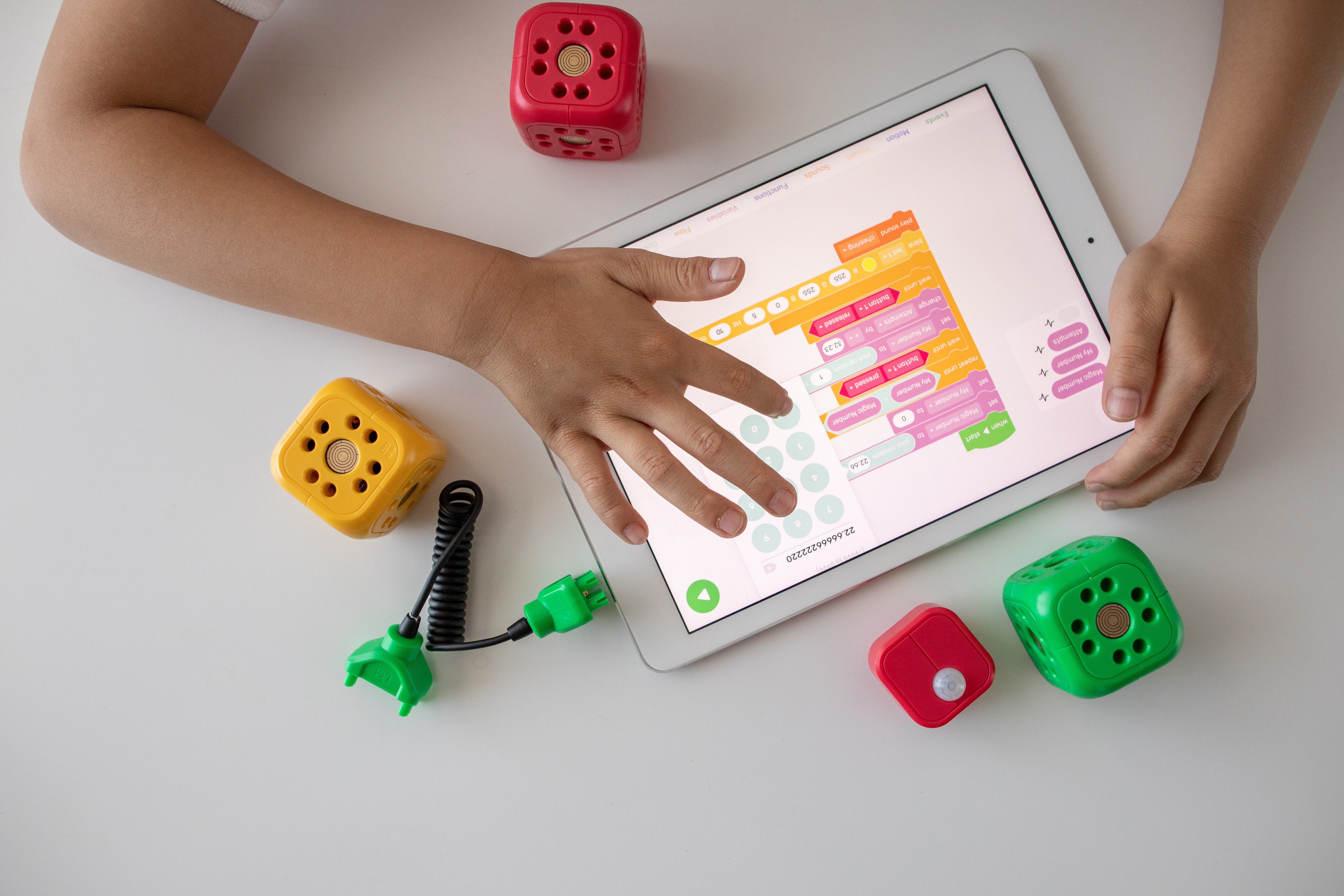
Education for Persistence & Innovation Center
About Us

Education for Persistence and Innovation Center (EPIC) is a global interdisciplinary research center at Teachers College, Columbia University, dedicated to figuring out how to turn failure into success.
We use techniques from cognitive science, social-cultural psychology, neuropsychology, oral history, and education to study the critical role that failure plays as a catalyst for learning, innovation, and career development.











